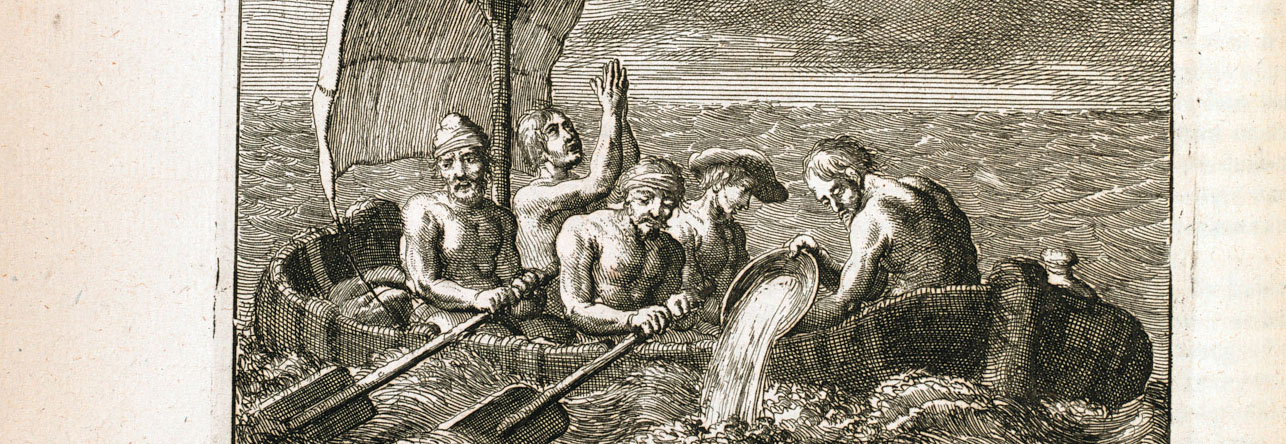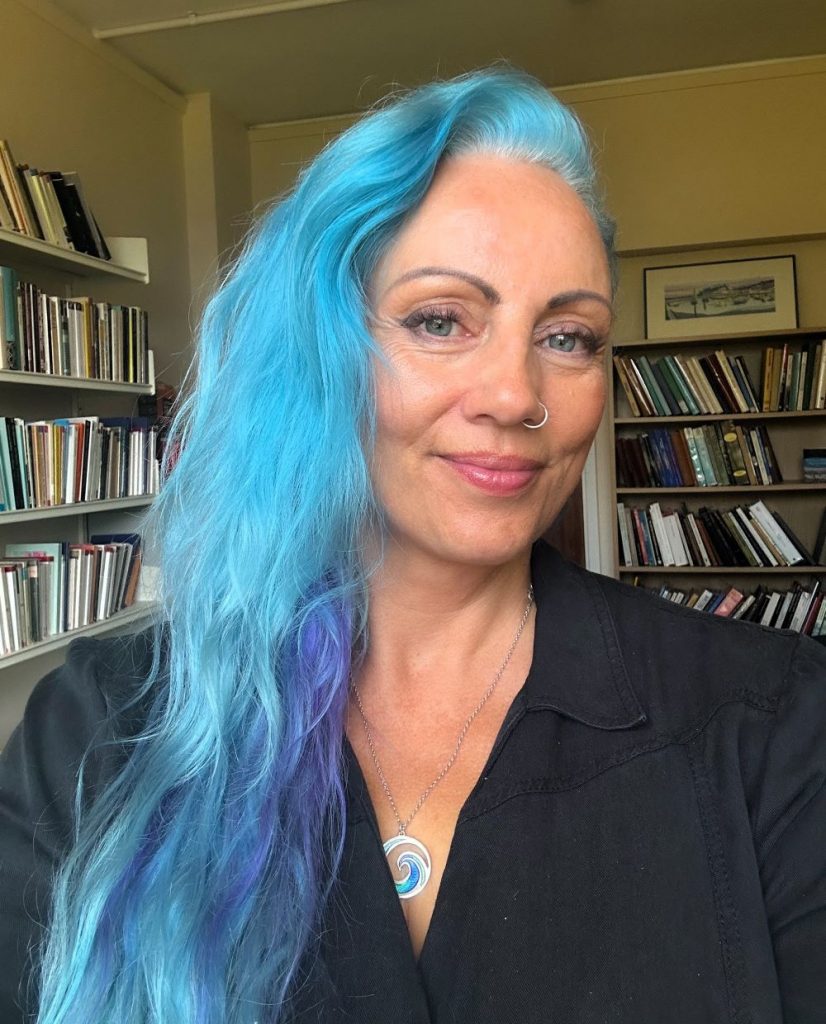

Our Autumn Lecture Series continues this month with a talk on the so-called ‘Barbary pirates’ of North Africa, who were notorious for their taking of people rather than goods during the 17th century.
On October 12, Dr Jo Esra will explore the experiences of those affected, from the captives to their families and wider communities. We caught up with Dr Esra to find out more about what promises to be a fascinating lecture.
This talk will look at the depredations of the so-called ‘Barbary pirates’, or ‘corsairs’ during the late 16th and 17th centuries, who were notorious for taking captives for ransom or enslavement. Captives were taken to Islamic North Africa, from where the pirates operated: the Ottoman regencies of Algiers, Tunis, and Tripoli, and the independent kingdom of Morocco. They expanded their activities out of the Mediterranean in the second decade of the 17th century and preyed on the coast of the West Country, bringing fear and distress to the maritime communities. This talk will situate localised narratives of captive-taking within the wider political and religious contexts of the time.
My research has been concerned with the emotional and social impact of this form of piracy on West Country maritime communities—not only seafarers, but their families too. But more than this, I am interested in resilience and agency: the ways in which people were active agents rather than passive victims, and how individuals and communities who are often ‘hidden’ in history left their mark on the historical record, made interventions, and resisted or challenged top-down impositions of power. For example, how did these communities appeal to the authorities and strive to get their voices heard? What power and agency did they have, and how did they utilise it? I will seek to address some of these issues in this talk.
The title of the talk comes from a manuscript ballad, which was circulated in 1624, towards the end of the reign of James I. In that year a petition had been presented to the London authorities (‘the humble and lamentable complaint of above 1,500 poor captive souls’). This prompted a response from Parliament, who ordered collections to be made throughout the country to pay the ransoms for the captives held in North Africa. However, the money was not used for this purpose. Indeed, the English authorities were woefully inadequate in their responses, particularly in comparison with the approaches of France and Spain to redeeming their captives. The mismanagement of ransoms, the lack of action to bring captives home, and inability to protect the coast by the English state peaked during the reign of Charles I. These were issues raised in the Grand Remonstrance, the list of accusations made against the King leading up to his execution in 1649.
As I mentioned earlier, my research has focused on the emotional and social impact of this form of piracy on West Country maritime communities. It is important to remember that the captive-taking activities of the North African corsairs are not comparable to the Maafa, that is, the devastating trauma and terrible atrocities inflicted upon African people during the period of transatlantic chattel slavery. Mediterranean-based captive-taking was indeed violent and brutal, but also reciprocal, based on religious identities, and a consequence of hostilities between nations. Those held in Mediterranean bondage had the opportunity to be redeemed—ransomed or exchanged for those imprisoned by the enemy—and were not always enslaved. North African Christian captives could also gain varying degrees of freedom through religious conversion, an issue I will cover in the talk.
There have been estimates made about how many captive Britons or ‘Europeans’ were taken to North Africa during this period. This is an impossible number to calculate due to the nature of the archival material and official record keeping. The people who were most at risk of being taken were ‘ordinary’ seafarers, often individually unimportant to those in power –although surviving testimonies given by named individuals are equally fascinating and moving. We can see the overall impact of captive-taking through archival documentation and cultural representations, and I feel that is what is important rather than numbers. It is also interesting that some people falsely claimed to be captives who were returning from North Africa in order to acquire travel passes or money from the parishes they travelled through… this clearly was a recognised ‘identity’ at this time.

Dr Jo Esra
Dr Jo Esra is a Lecturer at the University of Exeter, specialising in 16th- and 17th-century maritime literature and culture.
The second talk in our Autumn Lecture Series for 2023, The Lamentable Cries of at Least 1500 Christians takes place on Thursday 12 October at 7.30pm.
You can book tickets to the in-person event in the Museum’s Lecture Theatre or buy a ticket to stream the talk online. National Maritime Museum Cornwall Members receive a 10% discount on in-person tickets. You can buy tickets here.
The final lecture for this year will be Did Pirates Bury Their Treasure? with Dr Richard Blakemore. Taking place on Thursday 9 November, the talk will examine the myths and reality surrounding the Golden Age of Piracy.

National Maritime
Museum Cornwall Trust
Discovery Quay
Falmouth Cornwall
TR11 3QY
View Map
See our opening hours
Tel: +44(0)1326 313388
Email: enquiries@nmmc.co.uk